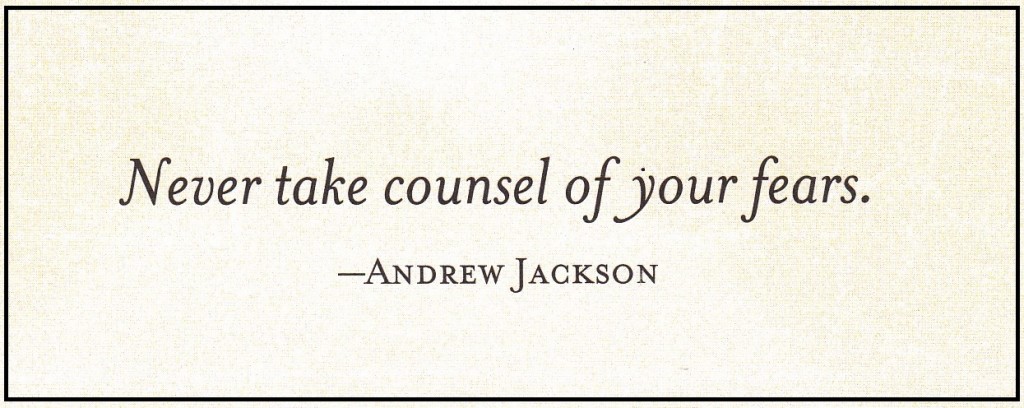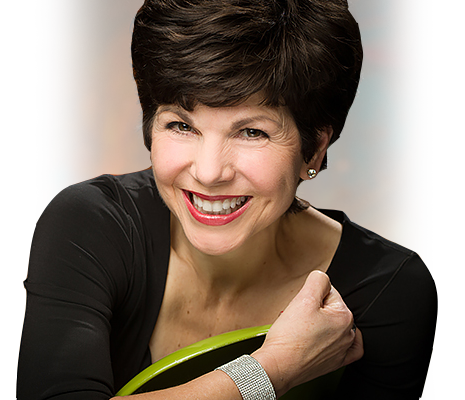
I don’t know about you, but I’m feeling a little on edge about this presidential election. In my body, I sense physical symptoms of anxiety arising from uncertainty and fear of the future. For weeks now, I’ve been glued to the news, live streaming TV interviews, reading newspaper articles, even listening to audio books on biographies of the two major candidates. I’ve watched every presidential debate and have an outdoor sign on my front lawn declaring my choice. I have retweeted articles that I feel are important for others to read, while knowing that these public actions may have a negative impact on my business.
And while other people stayed up late watching the Chicago Cubs win the World Series, I had toothpicks in my eyelids staying up until 1:30am on a work night watching election news. Ashamedly, I even got into a shouting match with a family member who plans on voting for the other candidate.
What is going on with me? Like tens of thousands of people in America, I am suffering from Post Election Stress Disorder (PESD). This malady builds up even before election day results are announced. It’s beyond campaign election fatigue; it’s downright trauma. And one that I/we will have to live with for years to come.
Signs that you might be suffering from the trauma of PESD
While this disorder has not yet officially been recognized by the American Psychiatric Association (APA), people have been talking about the negative effects that this intense and highly negative campaign cycle has had on people. Washington Post journalist Colby Itkowitz wrote an insightful article on Election Stress Disorder on September 26, 2016 in which she cited this survey result:
“In August, a Washington Post-ABC News poll asked registered voters whether a President Clinton or a President Trump made them anxious. Just over 50 percent said Clinton made them anxious and 70 percent said Trump did. Those results are identical to ones from a January poll, when the same question was asked, which shows how long people have been grappling with this anxiety.”
Here are a few of the symptoms that you should be on the lookout for to determine whether or not you are experiencing election stress disorder:
- increased irritability and resentment
- thoughts of foreboding doom
- more aggressive driving habits than usual
- sleep interruptions
- increased prayer time
- cursing under your breath when you pass by a house with a political sign for the other candidate
- sense of powerlessness
- eavesdropping on conversations at work, on the airplane, in public places (more than usual)
- increased Twitter activity
- increased news media consumption
- blaming, gossiping, and intolerance of others
- distractions and inability to focus on your work
- avoidance and distancing from people who have other political views than do you
- random thoughts of suing people
- daydreaming of relocating to another country
Treatment options for PESD
As I write this article, the campaign cycle will be over in less than 24 hours. Thank goodness! However, the election results are something that we all have to live with for at least the next four years. One candidate will win, while the others will lose. Half of Americans will be elated, while the other half will be in deep despair. One candidate will give a victory speech, while the other will give a concession speech acknowledging and accepting the other candidate’s win, and pledging to participate in peaceful transition of power. That’s the way it works in America.
Win or lose, we look to our presidential candidates to model good sportsmanship. But this year, even that is in question. What does it say about a candidate who may refuse to accept the outcome of the election, and may not heed the collective choice of the American people? But then it occurred to me that I should be asking myself these same questions.
- How will I behave if my candidate loses? Will I accept the outcome and the collective choice of my fellow citizens? Or will I reject the outcome and refuse to get on board? Will I wish the new President ill will? And what would that say about my character? How will such an attitude and the resulting negative behaviors affect myself, my relationships, my community, my nation?
- How will I behave if my candidate wins? Will I be a good sport? Or will I flaunt my victory? Will I make fun of the “loser” and those who supported the losing candidate? Will my personal victory become something that brings us together or continues to tear us apart as a nation?
Wait, Wait…Don’t Tell Me
As I was pondering my response to the election outcome while driving back from a yoga class (where I couldn’t even clear my mind of election anxiety during meditation), I heard a wonderful radio interview on NPR’s Wait Wait Don’t Tell Me with the 94-year old American television writer Norman Lear. It was so uplifting that I wanted to share it in this blog post to help other people who are struggling with post election stress disorder.
In this interview NPR host Peter Sagal asks Norman Lear, producer of All In the Family, for a little advice for people who want to live to be 93. Norman offers two simple words: “Over and Next. When’s something is over, it’s over; and we are on to what’s next. If there was a hammock in the middle, it would be ‘living in the moment.'” (you can hear these words from Norman by advancing the radio interview to minute 6:53)
So it is up to each and every one of us to get over this election and move on to what’s next. We are stronger together, and that is the only way we will be able to make America great again. In closing, remember these words of wisdom from 7th President of the United States: Andrew Jackson (serving from 1829 – 1837). It’s time to renew our faith in the power of democracy.

